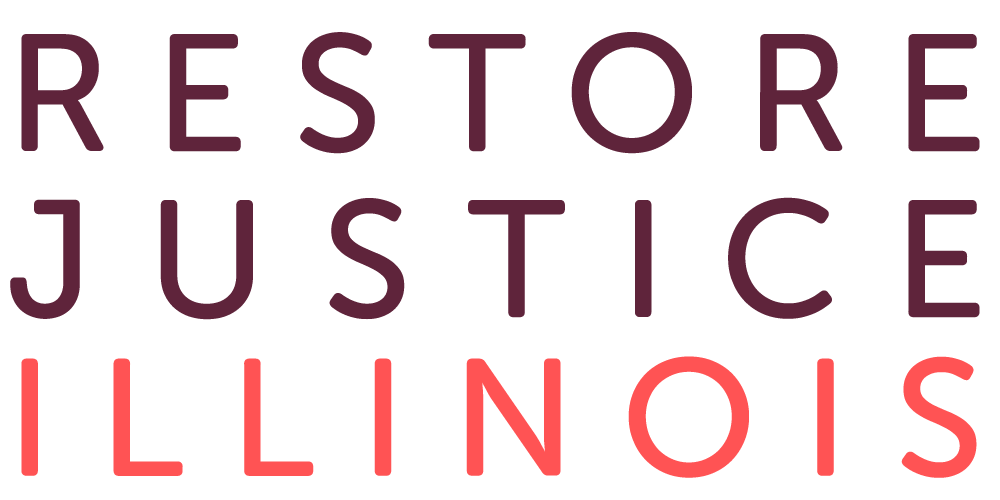Over the next six or seven weeks, Illinoisan’s inboxes and social media feeds will be full of requests to fill out Witness Slips in support of, or in opposition to, legislative proposals. What are they? Should I do them?
Witness slips are part of the legislative process in Illinois, and today, they are often used as tools for organizations to engage advocates in the legislative advocacy process. They come into play as bills are debated and voted upon in substantive committees.
Back in the day, witness slips were actual half-sheet size transfer paper (in triplicate, if I remember correctly) that lobbyists and others in the Illinois statehouse would fill out and submit prior to committee hearings to express their position on a specific bill.
The clerk who was staffing that hearing would read out the slips when the bill was called to be debated, listing all of the opponents and proponents. This was an easy shorthand for legislators to determine who they would be pleasing, or displeasing, with their vote.
By design, slips were an insider tool. You had to actually be there to do one, or know someone who was there who would submit one for you.
Then the internet happened.
Now, anyone with access to the internet can go onto the dashboard of Illinois General Assembly website and fill out slips for any bill they like. This has led to some interestly long and chaotic lists that clerks sometimes put directly into the record rather than read aloud (no one has that kind of time).
(The ACLU of Illinois has a wonderful FAQ on witness slips that includes instructions for filling them out.)
Savvy advocates have started aggressively using the witness slip system to gin up support for bills early in the session, to engage coalition members and others in creating “buzz” around an issue in advance of a hearing.
You still have to know when a bill is coming up for a hearing; the witness slip option will not appear until a bill is scheduled for a committee hearing, usually about one week before.
Should people fill out all of these slips? Do they matter?
As with most things in Springfield, the answer is, “it depends.” Context means a great deal. Think of it this way: some bills are like a thumb-tack going into a cork board. You don’t need a ton of force to make them secure; you can do it with your hand. Other bills are like a nail going into wood. You need a hammer, for sure, but not much else. And then there are those bills that are like a screw going into masonry. For those, you need specially sized screws, a power tool, and a hand tool to make sure you get the screw secure (not to mention someone with strong arms who knows how to use all those tools). Witness slips are most important in the latter situation, and not nearly as important in the first and second situations.
- They matter when you have a steep uphill climb on a bill, and you are trying to put an issue on the map or reinforce to the bill’s sponsor that you have the ability to do effective organizing of supporters.
- They matter when you have strong opposition also using witness slips.
- They matter more when they are on behalf of or representing an organization or constituency than they do for individuals, because organizations go through a process to “sign on” to bills, thus giving legislators more assurance that the proposal has been vetted by a wide array of experts.
So, if you are on email lists or following social media for trusted organizations, and you see them calling for witness slips, go ahead and fill one out. It is unlikely they would be asking if they did not think they needed them! If the organization is unknown to you, or the issue unclear to you, perhaps do some more research before submitting a slip.

